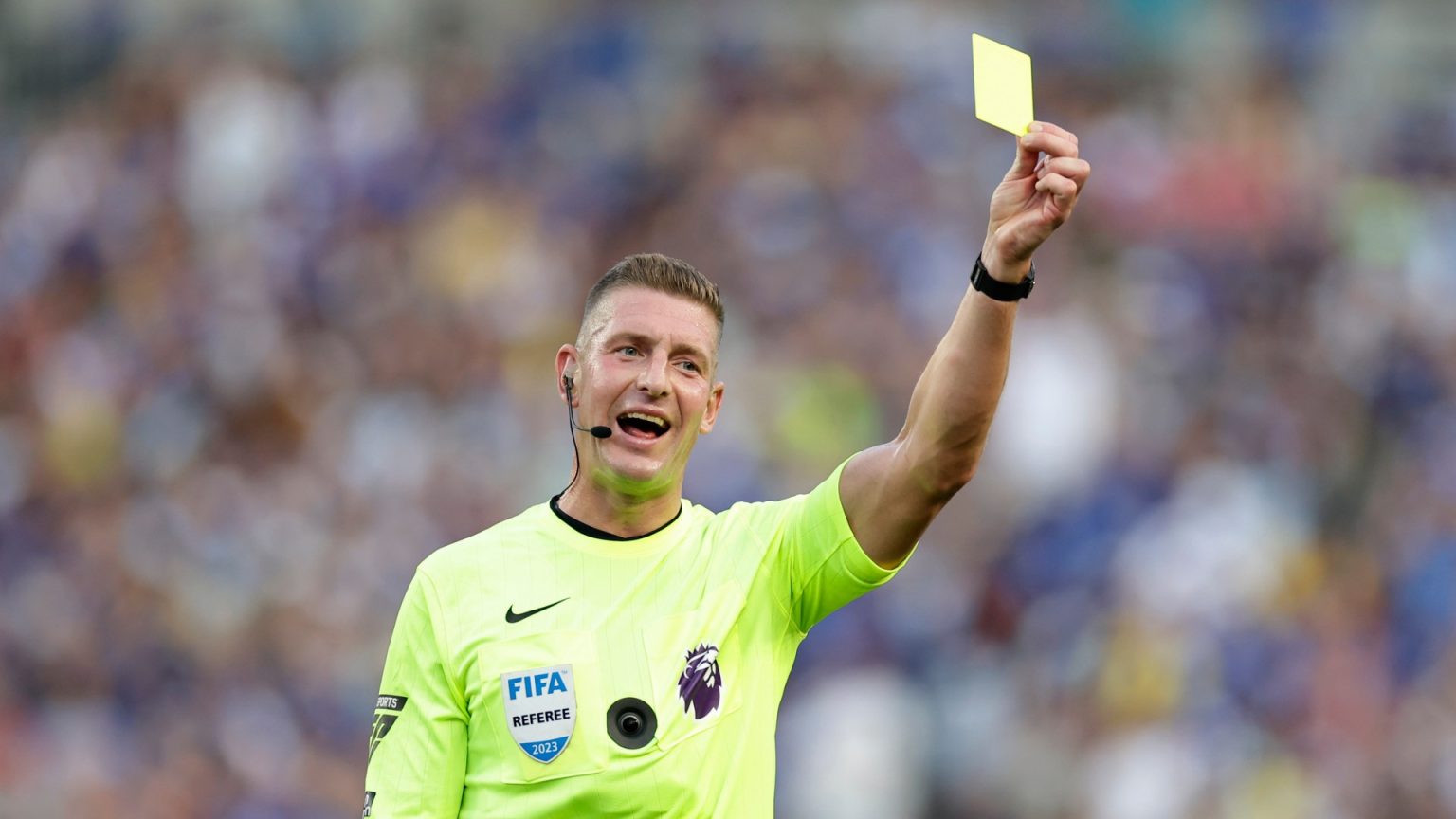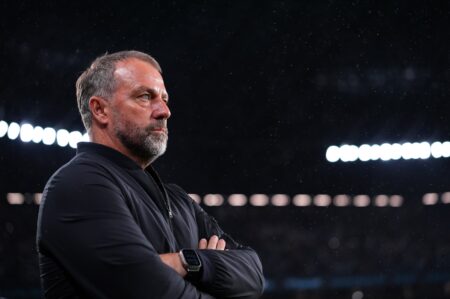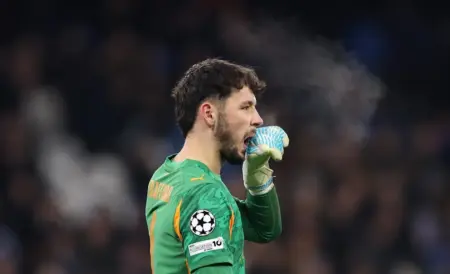FA Chief Advocates for Body Cameras in Pro Football
Mark Bullingham, the chief executive of the Football Association (FA), is pushing for the introduction of body cameras for Premier League referees. The idea is not new; body cameras have already been implemented at the grassroots level to protect referees from abuse. Bullingham believes that extending this technology to professional referees could have a dual benefit: it could provide valuable footage for broadcasters and help curb inappropriate behavior from managers and players.
The Grassroots Success of Body Cameras
At the grassroots level, body cameras have proven to be a game-changer. They have significantly reduced the incidence of verbal and physical abuse directed at referees. Bullingham reported a notable decrease in issues in leagues where body cameras are used. This success has inspired him to advocate for their adoption in the professional game, where the stakes are much higher and the pressure on officials can be overwhelming.
Trial in the Premier League
A trial of the RefCam, a head-mounted camera, was conducted during a match between Crystal Palace and Manchester United last season. However, the footage from this trial was not broadcast live. Another trial took place during a pre-season friendly between Chelsea and Brighton in the United States, where official Rob Jones wore a chest camera. While these trials have provided valuable data, the next step is to determine if the cameras can be used effectively in live broadcasts.
Potential Benefits and Challenges
Bullingham is optimistic about the potential benefits of body cameras in the Premier League. He sees them as a tool to enhance transparency and accountability, which could lead to better on-field behavior. The cameras could also offer a unique perspective for fans, adding an extra layer of engagement. However, there are challenges to consider, such as the potential for audio to capture sensitive moments and the need to balance the use of cameras with the flow of the game.
Recent Incident Highlights the Need
The recent incident involving Liverpool manager Arne Slot further underscores the need for such measures. Slot received a two-game ban for abusive comments directed at referee Michael Oliver following a 2-2 draw against Everton. The FA’s three-person panel detailed Slot’s behavior, including his use of expletives and confrontational remarks. This incident highlights the ongoing issue of manager and player behavior towards officials and the potential role of body cameras in addressing it.
FIFA’s Role in Wider Adoption
Bullingham is also in discussions with FIFA to explore the possibility of a wider trial and potential endorsement of body cameras. He believes that with FIFA’s support, more countries could adopt the technology, leading to a more consistent and effective approach to protecting referees. The FA chief is confident that body cameras can contribute to a more positive and respectful environment in football, from the grassroots to the professional level.











